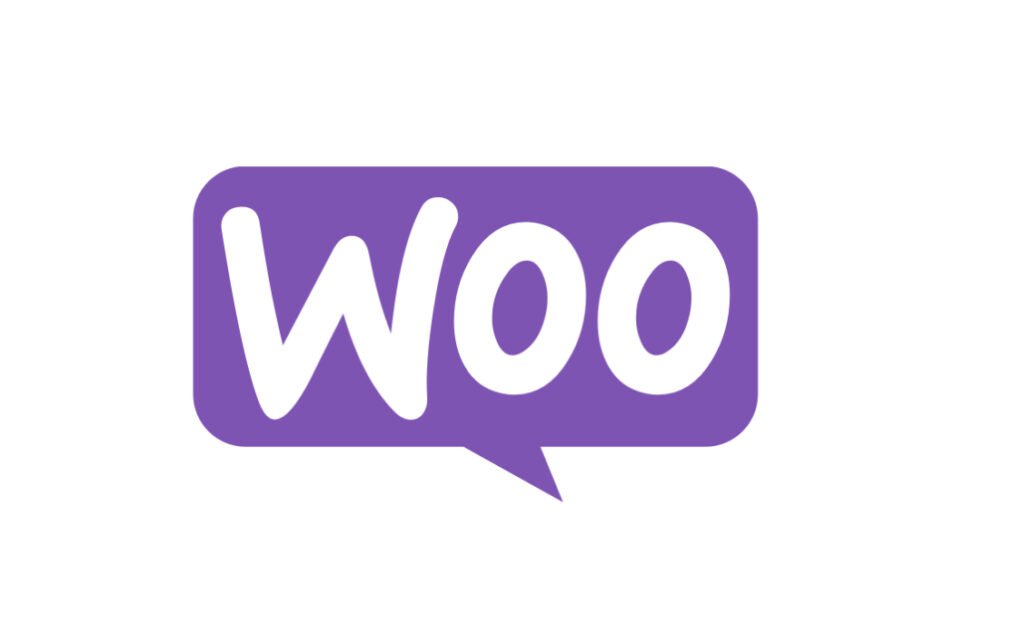Setting up an ecommerce website is an exciting journey, but choosing the right ecommerce website builder can feel overwhelming. With so many options out there, it’s essential to find one that fits your business needs, budget, and growth plans. In this guide, we’ll walk you through everything you need to know to make an informed decision.
Assessing Your Business Needs
Before diving into the features and pricing of different ecommerce website builders, it’s crucial to understand your business’s unique requirements.
Understanding Your Business Model
Every business is different, and your ecommerce website builder should reflect that. Start by analyzing your business model. Are you selling physical products, digital downloads, or services? Understanding your product types will help you choose a builder that caters to your specific needs.
Physical Products: If you’re selling physical products, consider inventory management features, shipping integrations, and product variations.
Digital Downloads: For digital products, look for builders that offer secure file delivery and digital rights management.
Services: If you’re offering services, ensure the builder supports appointment scheduling, booking systems, and client management tools.
Analyzing Target Audience and Market
Your target audience plays a significant role in choosing an ecommerce website builder. If you’re targeting a tech-savvy audience, you might prioritize advanced customization options and unique features. On the other hand, if your audience is less tech-oriented, a user-friendly interface becomes crucial.
Demographics: Age, gender, location, and interests can influence your choice. For example, a younger audience might prefer a visually appealing and interactive site.
Market Research: Analyze competitors’ websites to understand what works well in your niche.
Defining Your Budget
Budget is a critical factor in your decision-making process. Ecommerce website builders come with various pricing plans, and it’s essential to understand both initial costs and long-term expenses.
Initial Costs: Look for setup fees, design templates, and any additional costs for premium features.
Long-term Expenses: Consider monthly subscription fees, transaction fees, and potential costs for scaling your website as your business grows.
Key Features to Look for in an Ecommerce Website Builder
Once you have a clear understanding of your business needs, it’s time to explore the key features of ecommerce website builders.
User-Friendly Interface
A user-friendly interface is crucial, especially if you’re not a tech expert. The best ecommerce website builder should offer an intuitive dashboard, drag-and-drop functionality, and easy-to-navigate menus.
Ease of Use: Ensure the builder is simple to use, with minimal learning curve.
Customization Options: Look for flexibility in design, allowing you to create a unique and branded website.
SEO and Marketing Tools
SEO and marketing tools are essential for driving traffic to your online store. Your ecommerce website builder should have built-in SEO features and marketing integrations.
Built-in SEO Features: These might include customizable meta tags, clean URLs, and image optimization.
Marketing Integrations: Look for seamless integration with email marketing platforms, social media, and analytics tools.
Security and Compliance
Security is non-negotiable when it comes to ecommerce. Your chosen ecommerce website builder must prioritize data protection and comply with industry standards.
SSL Certification: Ensures secure transactions and builds customer trust.
Data Protection: Look for builders that offer robust data protection measures, including encryption and secure payment gateways.
Compliance: Ensure the builder complies with regulations like GDPR, especially if you’re targeting international markets.
Comparing Popular Ecommerce Website Builders
There are several ecommerce website builders available, each with its strengths and weaknesses. Here’s a comparison of some popular options to help you decide.

Shopify is one of the most popular ecommerce website builders, known for its ease of use and powerful features.
Key Features: Comprehensive inventory management, multiple payment gateways, and a wide range of customizable templates.
Pricing: Plans start from $29/month, with additional costs for premium features and transaction fees.
Pros: User-friendly, excellent customer support, and extensive app marketplace.
Cons: Can be expensive as you add more features, limited customization compared to some other platforms.

WooCommerce is a flexible and customizable ecommerce platform built on WordPress.
Key Features: Open-source, highly customizable, and extensive plugin ecosystem.
Pricing: WooCommerce itself is free, but you’ll need to pay for hosting, themes, and plugins.
Pros: Highly customizable, large community support, and cost-effective for small businesses.
Cons: Requires some technical knowledge, and managing plugins can be time-consuming.

BigCommerce is known for its robust features and scalability, making it a great choice for growing businesses.
Key Features: Advanced SEO tools, multi-channel selling, and built-in marketing features.
Pricing: Plans start from $29.95/month, with no transaction fees on any plan.
Pros: Scalable, extensive built-in features, and strong SEO capabilities.
Cons: Limited themes, and some advanced features can be complex to use.

Wix eCommerce is a user-friendly website builder with a strong focus on design and aesthetics.
Key Features: Drag-and-drop builder, extensive template library, and integrated marketing tools.
Pricing: Plans start from $23/month, with additional costs for some premium features.
Pros: Easy to use, visually appealing designs, and good customer support.
Cons: Less robust for large-scale ecommerce, limited scalability.

Squarespace is known for its beautiful designs and simplicity, making it a popular choice for creative businesses.
Key Features: Stunning templates, built-in blogging tools, and strong marketing integrations.
Pricing: Plans start from $18/month, with no transaction fees on the Commerce plans.
Pros: Visually appealing, easy to use, and good for small to medium-sized businesses.
Cons: Limited customization, and not as feature-rich as some competitors.
Evaluating Customer Support and Resources
Good customer support can make a significant difference in your ecommerce journey. Here’s what to consider when evaluating support options.
Availability of Customer Support
Look for ecommerce website builders that offer reliable and accessible customer support.
24/7 Support: Some builders provide round-the-clock support, which can be crucial for resolving issues quickly.
Types of Support: Consider whether you prefer phone support, live chat, or email assistance.
Educational Resources
Educational resources can help you make the most of your ecommerce website builder.
Tutorials and Webinars: Many builders offer tutorials and webinars to help you get started and improve your skills.
Community Forums: Community forums can be a valuable resource for troubleshooting and networking with other users.
Documentation: Comprehensive documentation can provide in-depth guidance on using the builder’s features.
Making the Final Decision
With all this information, you’re almost ready to choose the perfect ecommerce website builder. Here are some final steps to ensure you make the right decision.
Conducting a Trial Run
Most ecommerce website builders offer free trials or demo versions. Take advantage of these to test the platform.
Utilizing Free Trials: Sign up for free trials to explore the features and usability of each builder.
Assessing User Experience: Pay attention to how easy it is to navigate, customize, and manage your online store.
Gathering Feedback and Reviews
Feedback from other users can provide valuable insights into the strengths and weaknesses of different ecommerce website builders.
Seeking Input from Other Business Owners: Reach out to other business owners in your network to get their recommendations and experiences.
Reading Online Reviews: Look for detailed reviews and testimonials to understand common issues and praises for each platform.
Conclusion
Choosing the right ecommerce website builder is a critical step in establishing a successful online store. By assessing your business needs, comparing key features, and evaluating customer support, you can make an informed decision that aligns with your goals and budget. Remember to take advantage of free trials, gather feedback, and prioritize security and SEO to ensure your ecommerce platform is robust and scalable. Happy building!



